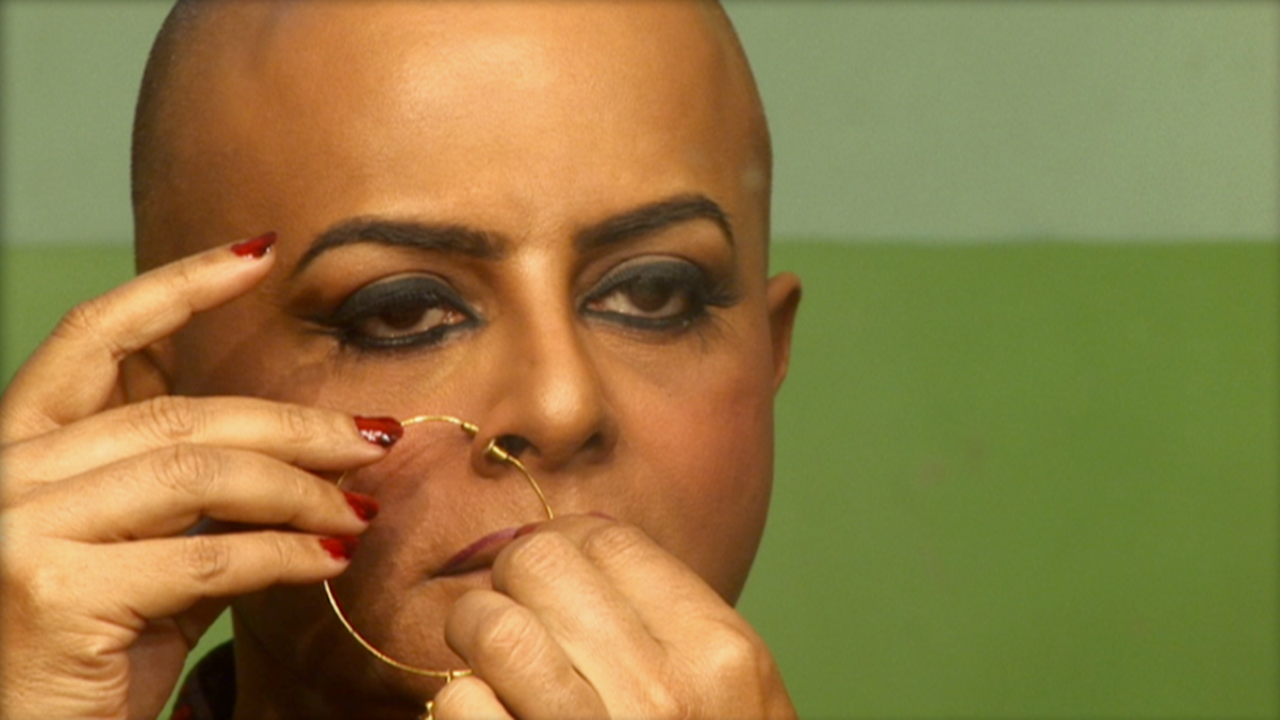
Had Rituparno Ghosh lived he would have been 61 today. We lost him young to his identity confusion. For years he was in love with a matinee idol who, of course, never acknowledged their relationship publicly. He was Bengal’s darling and a wholesome family man for his fans.
Ritu was embarrassingly frank. "Let’s say, he is much more skilled on camera than in bed," he once said.
Ritu would often laugh over Bollywood's homophobia. Once he went to meet this iconic superstar (Shah Rukh Khan) at his iconic residence where his son, then a young child, came right up to Ritu, and within superstar-dad's hearing, smirked, "Should I call you Ritu uncle or Ritu aunty?"
Such incidents used to hurt Ritu not because he was embarrassed by his sexuality but because he was afraid that his acceptance of his own sexuality had not got a similar acceptance from the Indian film industry. While shooting with male stars from Bollywood, Ritu would quickly withdraw from the studios in the evening and refuse to see his actors in their hotel rooms.
In the past few years, Ritu suffered a double blow. First, his mother passed away and a few years later his father followed, leaving Ritu alone in their ancestral home.
His only brother Indranil, happily married and with children, had distanced himself from Ritu, leaving the filmmaker alone to grapple with his changing personality and the ensuing trauma.
A very close friend of Ritu recently said, "I am not able to reach to him. He is undergoing these life-threatening surgeries and they are distancing him from everyone around him."
In the last few years, Ritu became increasingly isolated from all his close friends as he sought to get himself a feminine physique to match his sexuality. In one of my his last conversations, Ritu sounded terribly unhappy.
Among his many achievements, Ritu must be credited with being the first filmmaker to come out of the closet. The process of coming out started years ago.
Ritu was very fond of dressing up. During one of the innumerable film festivals that Ritu religiously attended year after year, he startled his heroine by attending a party in salwar-kameez and dupatta. This was years ago. In his closing years, the woman within Ritu had become far more assertive than just the clothes.
Ritu had become progressively reclusive. All his recent films as director and/or actor were defiantly homosexual in theme. Ritu had taken his personal life to work. But he had no life to return to when he packed up his shooting.
ALSO READ: Shoojit Sircar On His Link To Satyajit Ray: Tried To Mirror His Approach In My Own Films | EXCLUSIVE
Rituparno Ghosh was among the best film directors in Bengal after Satyajit Ray, Mrinal Sen and Ritwik Ghatak. He even edited a widely-read Bengali magazine for a number of years. He served as costume designer, art director and an all-purpose all-in-one man-on-the-spot on his sets. He even dubbed some emotional dialogues for some of his superstar leading ladies from Mumbai when they've not been able to get their dramatic pitch right.
Ritu was also a lyricist for Deepa Mehta. The Toronto-based filmmaker asked her prolific colleague from Kolkata to write a song, and that too in the Bihari Brij Bhasha, for her Amitabh Bachchan period epic Kamagata Maru which never got made. Ritu wrote Bengali dialogues for Mira Nair in The Namesake and for a number of Aparna Sen's films including Yugant and for her documentary An Unordinary City on Kolkata.

